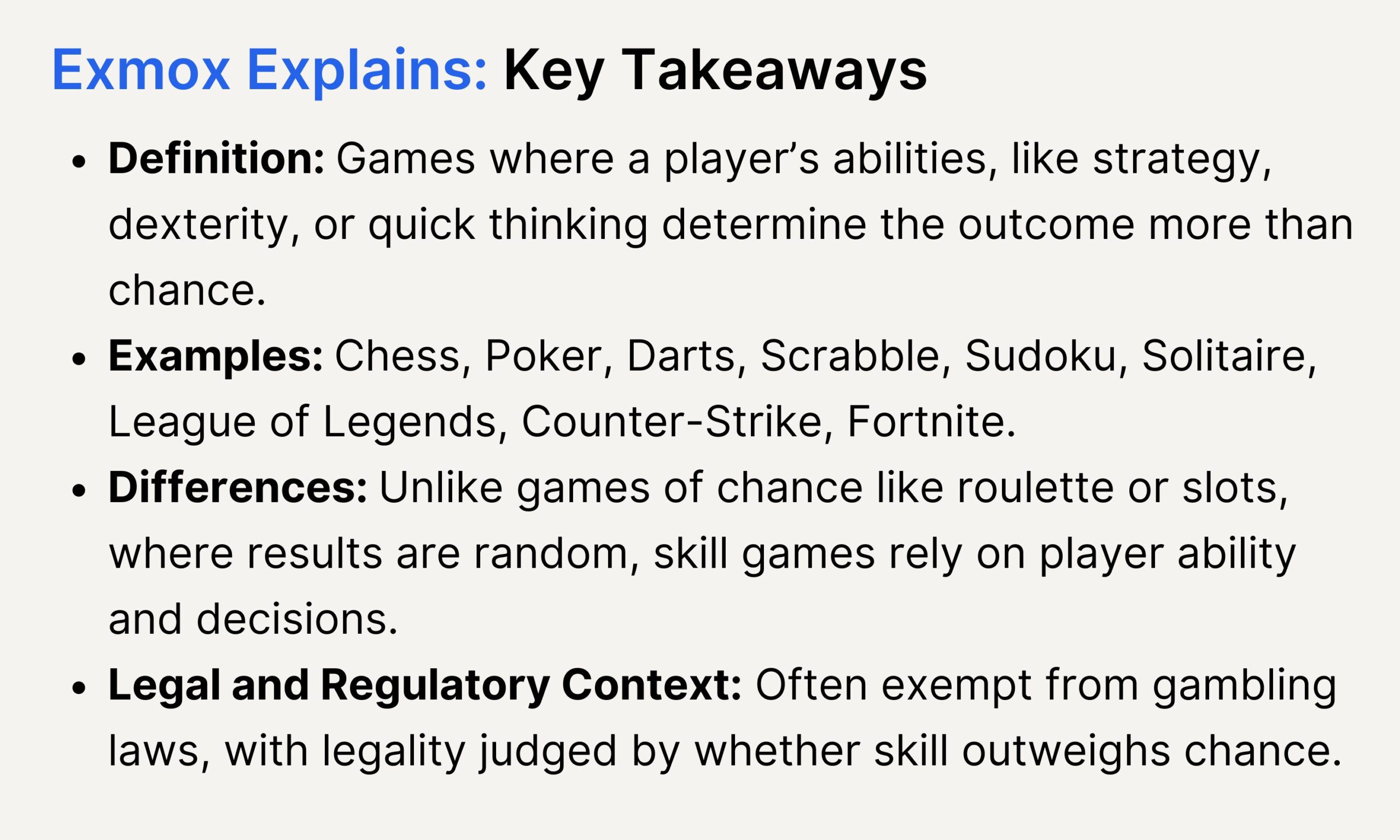Exmox Explains
What is Direct-To-Consumer (DTC)?
Direct-to-Consumer (DTC or D2C), sometimes called Business-to-Consumer, is a business model in which companies sell products or services directly to customers, bypassing intermediaries such as retailers, carriers, or third-party platforms. In adtech and mobile gaming, DTC enables publishers and brands to build direct relationships with users through in-app purchases, subscriptions, brand-led campaigns, or dedicated web shops. These strategies leverage first-party data to improve targeting, personalize user acquisition, and strengthen retention..

Advantages of DTC in Mobile Gaming
DTC provides publishers with greater control over pricing, promotions, and monetization strategies. It also offers deeper insights into user behavior through direct data access and fosters stronger brand loyalty via tailored experiences and ongoing communication. By eliminating reliance on middlemen, DTC streamlines the user experience while helping developers maximize engagement and long-term revenue potential.
Examples of DTC in Mobile Gaming
DTC strategies take many forms in mobile gaming. Publishers can acquire users directly through targeted advertising on social platforms, reducing dependence on app store discovery. Subscription offerings, such as season passes or premium memberships, allow monetization within the developer’s ecosystem. Direct in-app purchases, including skins, boosters, or virtual currency, create a direct revenue stream between users and the publisher. Many companies also engage audiences through owned channels, such as branded websites, email newsletters, and community platforms. A growing trend is the use of web shops, where users can purchase in-game currency or bundles directly from a developer’s site, bypassing app store fees while retaining control over monetization.
How DTC Differs from Traditional Distribution
Traditional mobile game distribution depends on app stores and ad networks, where visibility is dictated by algorithms, discovery is competitive, and publishers surrender a significant share of revenue through platform fees. Direct-to-Consumer (DTC), by contrast, removes intermediaries: publishers engage players directly, set their own pricing and promotions, and retain full access to user data. This approach not only improves margins by avoiding app store cuts, but also enables personalized campaigns, loyalty programs, and exclusive offers that strengthen long-term engagement. While DTC requires publishers to handle marketing, payments, and user acquisition independently, it provides far greater control and profitability than the store-driven model.
Why DTC Is Popular in Adtech and Mobile Gaming
DTC is growing in popularity because it enables publishers to build lasting relationships with users, increase lifetime value, and improve retention through personalized engagement. By owning the user journey from discovery to purchase, developers can lower acquisition costs, gain richer insights into behavior, and avoid dependence on app store algorithms or third-party ad networks. For users, DTC offers more tailored experiences, exclusive offers, and direct access to content.
Historically, mobile gaming monetization has relied on in-app advertising (IAA) and in-app purchases (IAP). While these approaches fueled the industry’s growth, they are now under pressure from several factors:
- Platform fees: Apple and Google typically take a 30% cut of IAP revenue, squeezing margins.
- User acquisition costs: Performance marketing has become more expensive due to intense competition and reduced tracking capabilities after Apple’s IDFA changes.
- Privacy regulations: Rules such as App Tracking Transparency (ATT) and GDPR have weakened the precision of ad targeting, diminishing IAA effectiveness.
- Market saturation: With millions of apps competing for attention, discoverability is increasingly difficult, especially for smaller studios.
DTC web shops address these challenges by allowing players to purchase in-game items, currency, or bundles directly from a publisher’s website. This bypasses app store fees, improves profitability, and enables more flexibility in how offers, promotions, and loyalty rewards are designed. For players, web shops can provide better value and exclusive content; for publishers, they create stronger margins and a more direct, data-driven connection with their audience..
Frequently Asked Questions
How does DTC benefit mobile game developers compared to relying only on app stores?
DTC enables developers to bypass app store fees, gain direct access to user data, and strengthen relationships through owned channels such as web shops, email, and community platforms. This reduces dependence on app store algorithms and gives publishers greater control over revenue, marketing, and user engagement..
Are DTC strategies allowed under Apple and Google’s app store rules?
Yes, but there are limitations. While Apple and Google generally require in-app purchases to use their payment systems, many developers are exploring web shops and alternative payment channels for direct purchases. These approaches must comply with platform policies, which can vary by region and are subject to change as regulations evolve..
What challenges do companies face when adopting a DTC model in mobile gaming?
Challenges include complying with data privacy regulations (such as GDPR or CCPA), maintaining secure payment systems, and driving traffic to owned channels outside the app stores. Developers must also manage marketing and customer support in-house, which can require significant resources but offers long-term benefits if executed effectively..